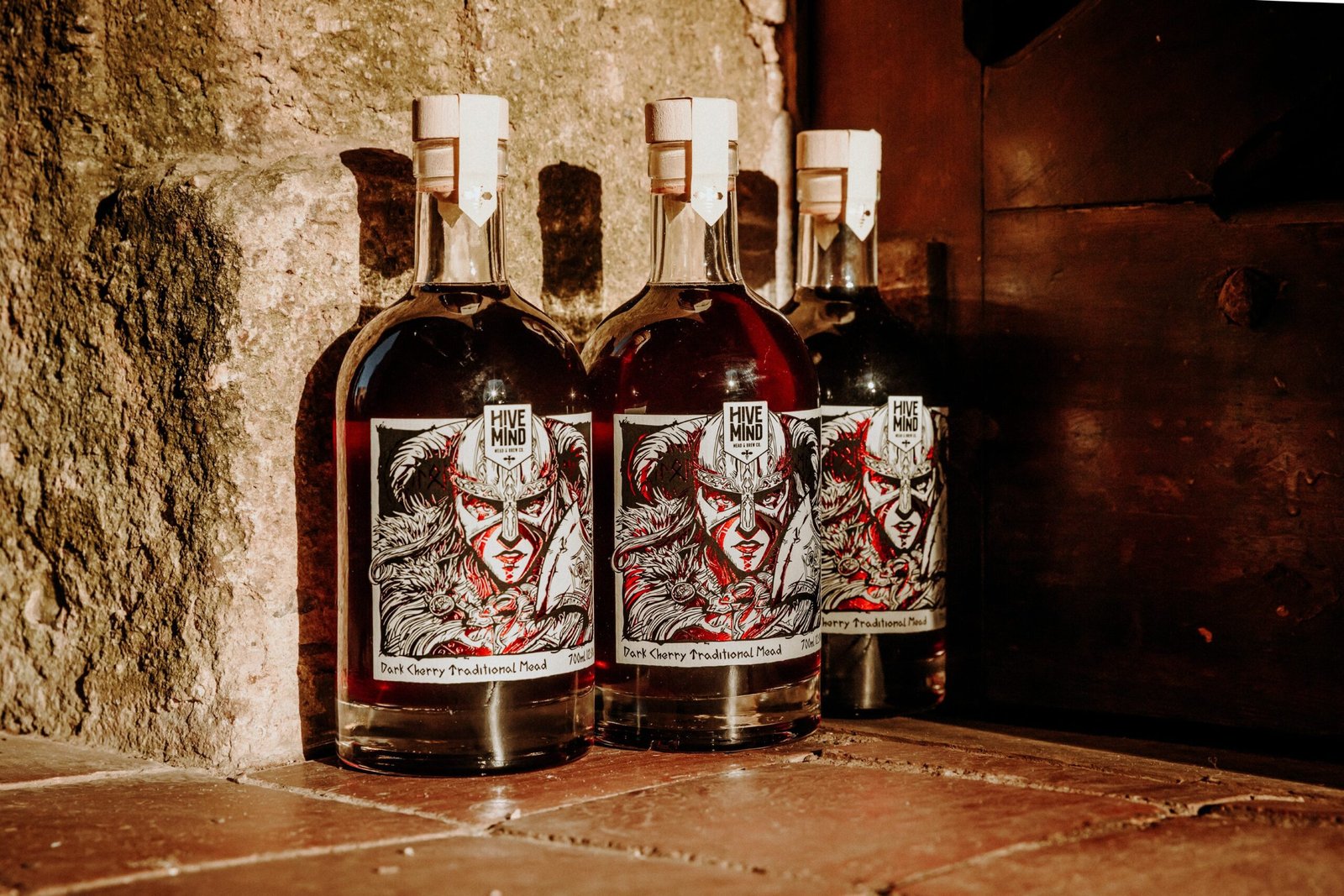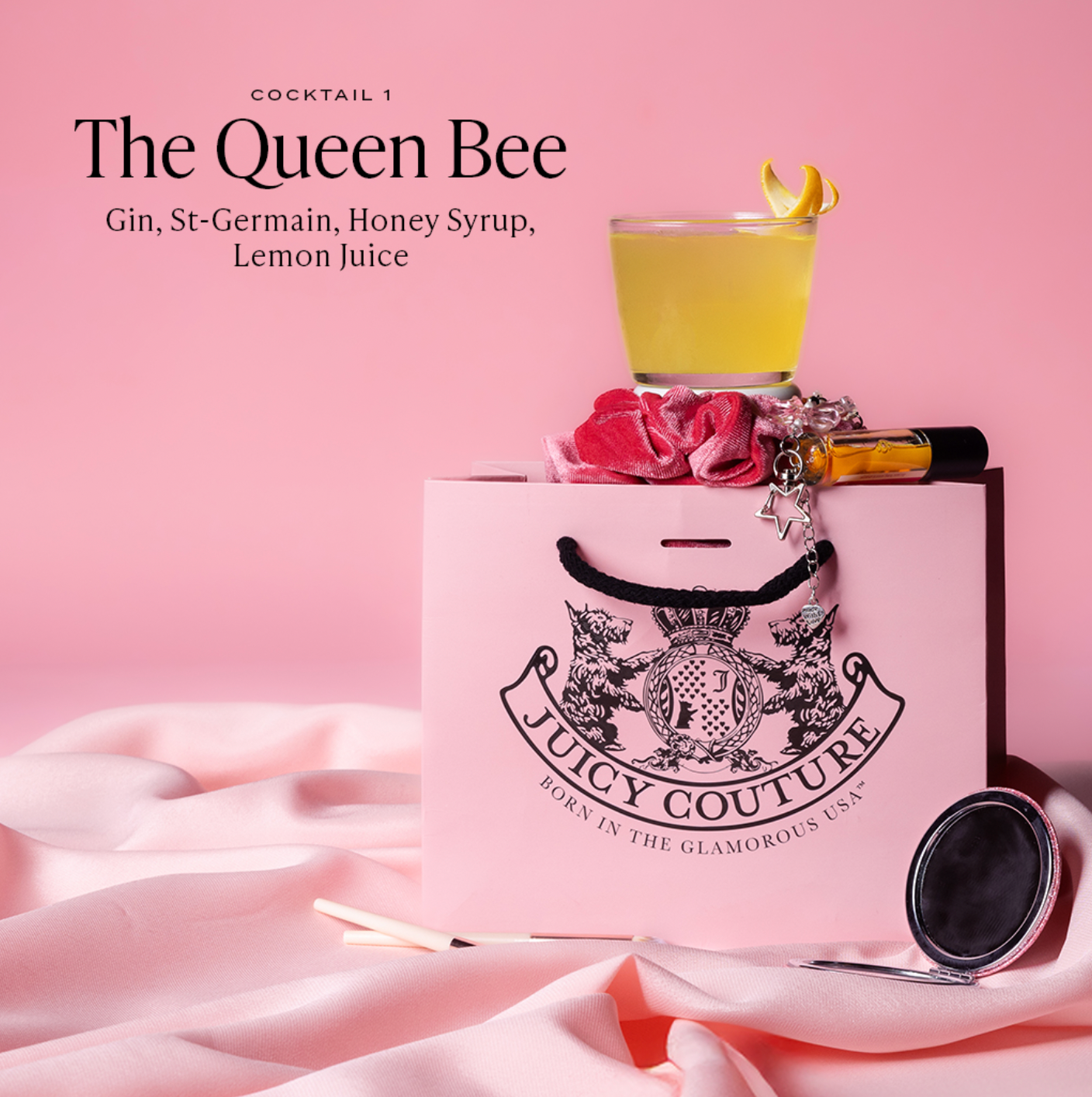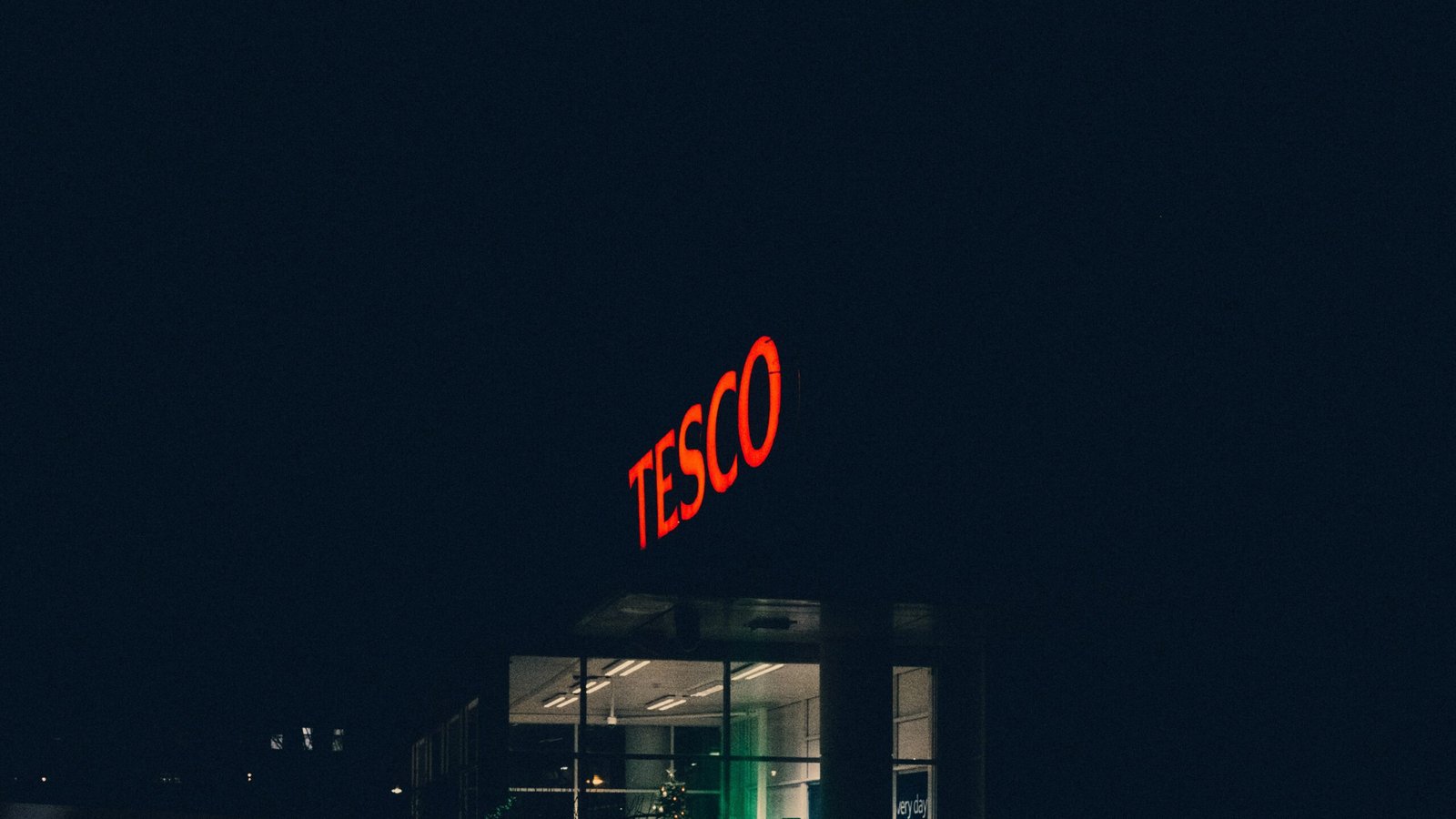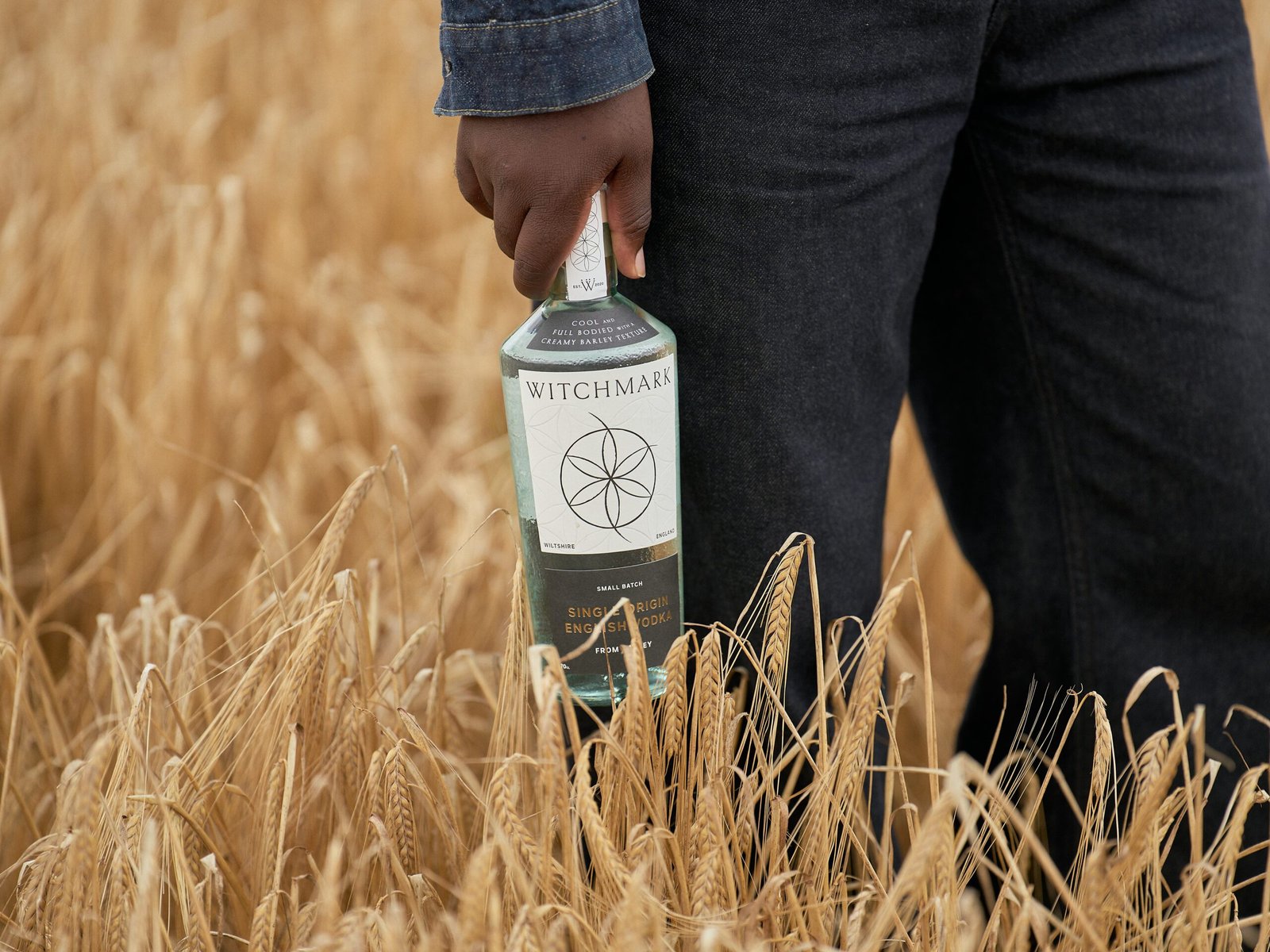Scotland’s planned increase in Minimum Unit Pricing (MUP) for alcohol from 50p to 65p per unit, set to take effect today, 30 September 2024, will have varied impacts on small businesses in the food and drink industry.
Keypoints to consider:
- Shifting consumer behavior: The MUP increase may lead to changes in consumer purchasing patterns. Some customers may reduce their alcohol consumption or shift to different products, potentially affecting sales volumes for small retailers and producers.
- Competitive landscape: The policy could level the playing field between small convenience stores and larger supermarkets. MUP limits the ability of larger retailers to offer deep discounts on alcohol, potentially benefiting smaller shops
As Scotland gears up for the implementation of a new minimum unit pricing (MUP) for alcohol, increasing from 50p to 65p per unit on 30 September 2024, the food and drink industry is bracing for a ripple effect.
This policy aims to tackle alcohol-related harm but raises important questions about its implications for producers, retailers, and consumers alike.
The Scottish government’s decision is rooted in public health research indicating that higher alcohol prices can lead to reduced consumption, particularly among heavy drinkers.
Following the initial MUP launch in 2018, Scotland saw a 3.5% decline in alcohol sales volumes, demonstrating the effectiveness of such measures in promoting healthier drinking habits.
Effects on the Drinks Industry
While the MUP increase is projected to generate an additional £16.5 million in revenue for the drinks sector, this figure may not equate to increased profits. Several factors complicate this outlook:
- Inflation Pressures: The price rise largely reflects inflation since the original MUP, with many products already facing cost increases due to rising production expenses.
- Shifting Consumer Preferences: Higher prices might lead to decreased sales volumes, potentially offsetting revenue gains. Consumers may also opt for premium brands as price differences narrow.
- Market Competition: Smaller independent retailers could gain an advantage as larger chains are restricted from offering bulk discounts.
For retailers, the MUP increase presents mixed opportunities. While some products will see price hikes, many are already above the new minimum threshold.
Smaller shops may find themselves more competitive, but an overall reduction in sales could impact profitability.
To thrive under these new conditions, businesses may need to innovate by reformulating products, adjusting packaging sizes, or emphasising premium offerings that resonate with health-conscious consumers.
You Might Also Like:
No related posts.
As Scotland leads the way in alcohol pricing policies, the effects on public health and the food and drink sector will unfold in the coming months.
The industry must remain adaptable to navigate this evolving landscape while contributing to a healthier drinking culture.


















